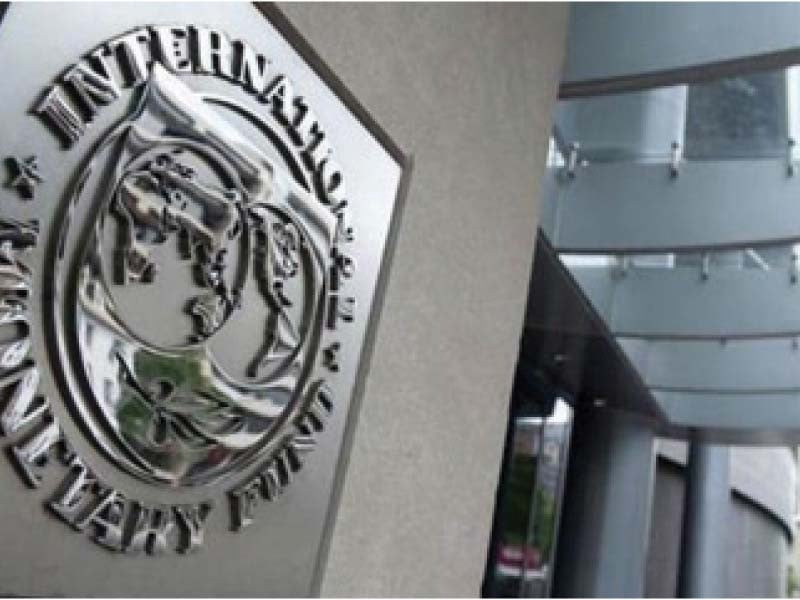According to a statement from the State Bank of Pakistan (SBP), Pakistan was bailed out by the International Monetary Fund (IMF) to the tune of $700 million on Thursday.

After the first review by the executive board of the global lender passed under the Stand-By Arrangement (SBA), SBP got 528 million Special Drawing Rights (SDR) from the IMF, which is worth $705.6 million.
For the week ending January 19, 2024, the disbursement will be reflected in SBP reserves, according to the document.
The United Arab Emirates has recently announced that it will extend its two US$1.0 billion deposits with SBP for a further year, bringing their maturity date forward to January 2024.
The overall disbursements under the SBA with the IMF have reached $1.9 billion, including the transfer of around $700 million.
Review one of Pakistan’s bailout packages was greenlit by the IMF’s executive board on Thursday. The board meeting took place approximately two months after the staff-level agreement that Pakistan and the IMF reached.
In July 2023, Pakistan and the International Monetary Fund (IMF) inked a nine-month program for a $3 billion loan to serve as a bridge loan before an anticipated long-term agreement.
Pakistan has been able to keep its foreign reserves at their current levels with the support of the International Monetary Fund (IMF), the World Bank, the Asian Development Bank (ADB), and the Asian Infrastructure Investment Bank (AIIB).
The International Monetary Fund (IMF) has reduced Pakistan’s economic growth forecast from 2.5% in July to 2%.
In a similar vein, the International Monetary Fund has reduced its inflation rate prediction from 26% to approximately 24%, suggesting that interest rates could be lowered.
To lower public debt while safeguarding development goals, the IMF stressed the need of ongoing budgetary consolidation.
Pakistan is “determined to achieve a primary surplus of at least 0.4% of GDP in FY24, underpinned by federal and provincial government spending restraint and improved revenue performance support, if necessary, by contingent measures,” according to an IMF statement.
“Finalise the return to a market-determined exchange rate” is another condition the nation must meet, it said.
To entice investment, promote job creation, and bolster social assistance, “Pakistan would also pursue state-owned enterprise and governance reforms,” the statement went on to say.
Pakistan now needs $25 billion in foreign loans for the current fiscal year, according to the International Monetary Fund.
This fiscal year, the Washington-based lender reduced its inflation projection from 25.9% to 24%.
The International Monetary Fund was able to secure a date for Pakistan’s next general elections while ignoring several key issues that had previously contributed to the collapse of the previous $6.5 billion rescue package.
It also included the Special Investment Facilitation Council’s (SIFC) operations.
Information gathered from the ministry of Finance indicates that the International Monetary Fund has reduced its previous projection of foreign remittances from $32.9 billion to $29.4 billion, a decrease of $3.5 billion.
The International Monetary Fund predicts that current expenditures for this fiscal year will stay at roughly Rs14.6 trillion, which is Rs1.24 trillion more than last year.
Having said that, the National Assembly’s June allocation was Rs168 billion higher than the budgeted development expenditure of Rs782 billion.
Consequently, the budget would surpass Rs15.4 trillion for the first time in the country’s history.
Constraints on government spending and increased taxation are necessary to meet the global lender’s unaltered target of a primary balance equal to 0.4% of GDP, or Rs401 billion.
Pakistan has promised the International Monetary Fund that this fiscal year, they will collect a record-breaking Rs918 billion in petroleum levies.










































